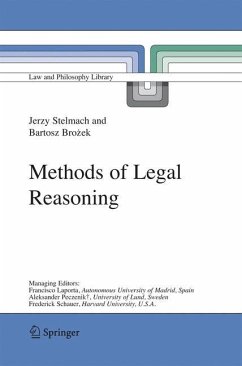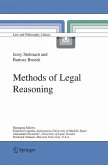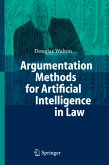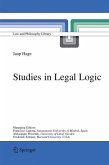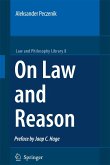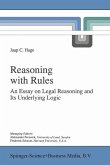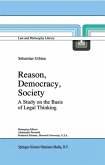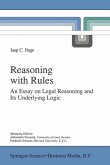Anyone reflecting on the methodology of legal reasoning faces a difficult task. The number of methodological theories in jurisprudence and the vast literature on the subject are not the only problems that have to be taken into account. Perhaps the most striking difficulty concerning the methodology of legal argument is the heated debate between jurists, legal theorists and philosophers of law that has been recurring since at least nineteenth century. Therefore a justification is needed for writing yet another book c- cerning the methods of legal reasoning; a book that aims to cover a lot of what has already been proposed in legal theory. We believe that there is such a justification. First, the perspective that we adopt in the present book is unique, at least in some respects. We venture to look at the methodology of legal reasoning "from the outside", i.e. from a more g- eral, philosophical perspective, while taking into account the "hard re- ity" of law. This perspective enables us to ask questions about the justification for the methods of legal argument presented. Second, we do not want to defend one, paradigmatic conception of legal reasoning. On the contrary, we put forward the thesis that there is a plurality of argumentative methods. The plurality, however, does not lead to relativism in legal decision-making. Third, we reject any hierarchy of the methods of legal reasoning, and take the view that one can speak only of the precision and flexibility of different methodologies.
Bitte wählen Sie Ihr Anliegen aus.
Rechnungen
Retourenschein anfordern
Bestellstatus
Storno

